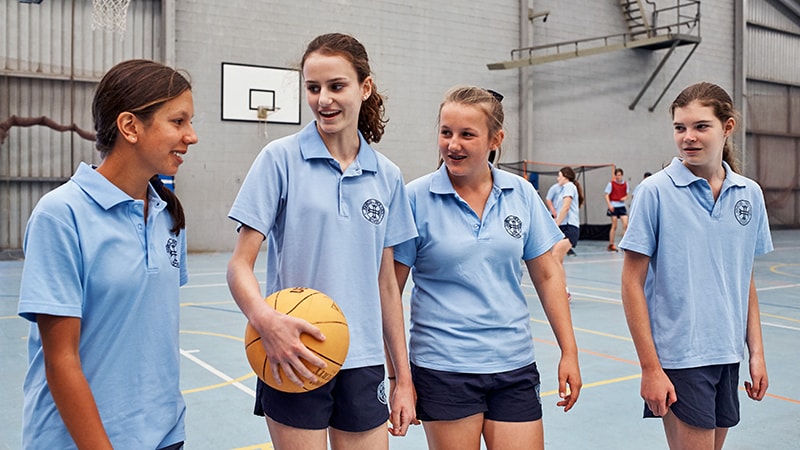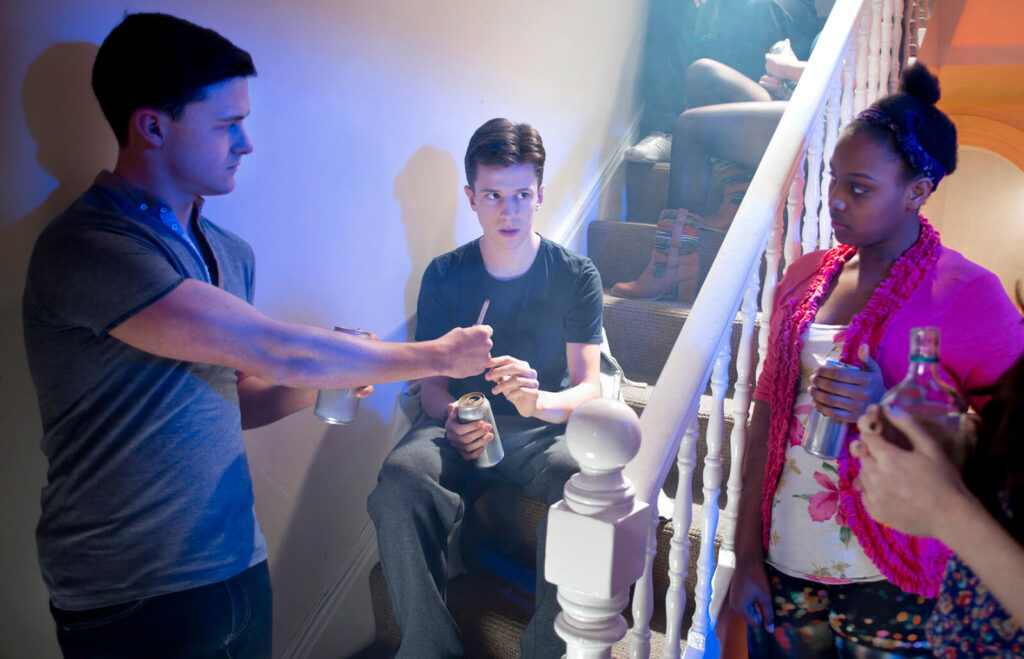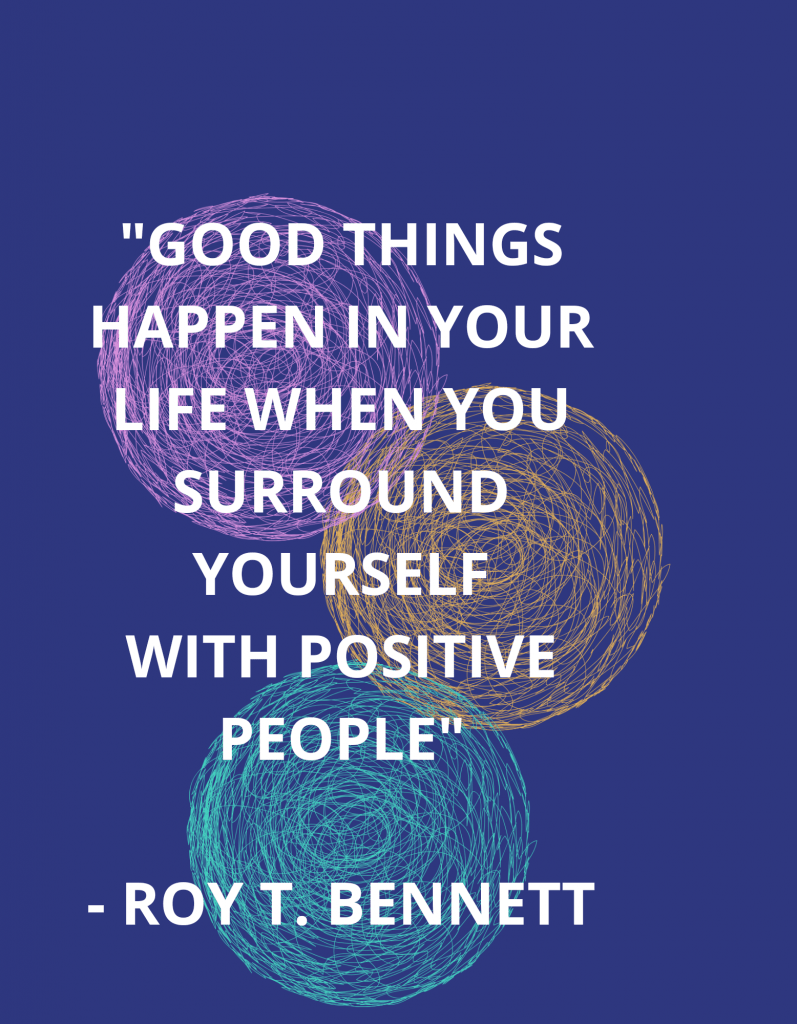Positive Peer Pressure: A Useful Tool to Promote Potential
Last month’s post spoke about the ease of manipulation through peer pressure and the atrocities it has caused. While it is not the only reason, authoritarian parenting plays a huge role because it teaches children not to think and to be submissive. This week’s post shows the other side of the story and how to take advantage of peer pressure.


When I was in secondary school, I remember watching a video on peer pressure. The video involved one boy, John, showing the protagonist, Kevin, a pill at a party and offering him one, while prompting him with stuff like ‘you’ll be really cool’ or ‘it will be way more fun’. This is the stereotypical portrayal of peer pressure and this is what I feel most older onlookers understand as peer pressure in today’s generation. However, I’m here to tell you that this is not how peer pressure works. Rather than pressure being put on by the other boy, peer pressure generally manifests itself in Kevin’s mind. The other boy will not actually say these things. He will only show him the pills, because the other boy cares about Kevin’s opinion just as much as Kevin’s self worth is determined by John’s evaluation.
Despite these evaluations never actually being discussed, they are determined by the unwritten rules of social standards. We are meant to fun, skinny, popular, cool etc. But Kevin creates this peer pressure by making himself believe that this is what John is implying alongside several other opinions sprouting up in his own mind (remember that mind reading is a negative automatic thought). If Kevin says no, John won’t be offended, and if he is, then he comes across as a bit odd. This comes back to what was mentioned in the first post. If Kevin is able to think correctly about this situation, this is how he deals with the peer pressure. And another important message is that if John is insulted at Kevin’s refusal, then he clearly isn’t a good friend for Kevin, which brings us onto our next point. Surrounding yourself with people who you deem as better than you to improve.

It’s clear that peer pressure is something that is sometimes out of our control. But it doesn’t have to be all negative. What if we could use it to our advantage? Let’s give an example. If you run the 100 metre sprint with people who are slower than you, you’ll win every time. But if you run the 100 metre sprint with people who are faster than you, you will probably finish in last place, but your time will improve. There are children who are born gifted as music, sport, academics but if they are not put in the correct environment, this giftedness never develops. The key ingredient to this environment is the people it contains. You have to be surrounded by the best in order to improve. Forget results. Focus on improvement. First place in a local competition does not equate to sixth in the Olympics. And we can actually see a macro change of this in play at the moment.
In the past few years, it is apparent that there is a current transformation in zeitgeist. People are now concerned with both their mental health and physical health. Yoga and meditation are on the up, the Fitbit exploded on the scene and people really care about what they are eating. People are also volunteering more and a study by Dr. Barbara Dooley in University College Dublin actually found that bullying rates have fallen. Of course, this will take time and there is still that gap between people doing it for their Instagram account, and people doing it for themselves, but we are moving in the right direction. This transformation is now spilling onto teens. While the pressure is rapidly increasing, their acknowledgment of their health is also on the rise. And this is being seen in education too. For example, the HIP program in Miami is getting students to teach other students about how to take care of their health. Yes, there is a mental health epidemic among children and adolescents, but there is also an increase in the amount of children and adolescents seeking help. There is a societal peer pressure to take care of your health. That is something that is not appreciated enough and it should be highlighted. This is an example of positive peer pressure.
So there are positive changes in our society at the moment and this is pushing people to live better and healthier. But society has less influence behind closed doors so it’s really important that we maintain this positive peer pressure in our homes and schools. Pressure children and younger generations to be take care of their health by living healthier yourself. You then unconsciously influence others to improve, to develop, and to then influence others to live up to their true potential.
Yours Sincerely,
The Motus Movement